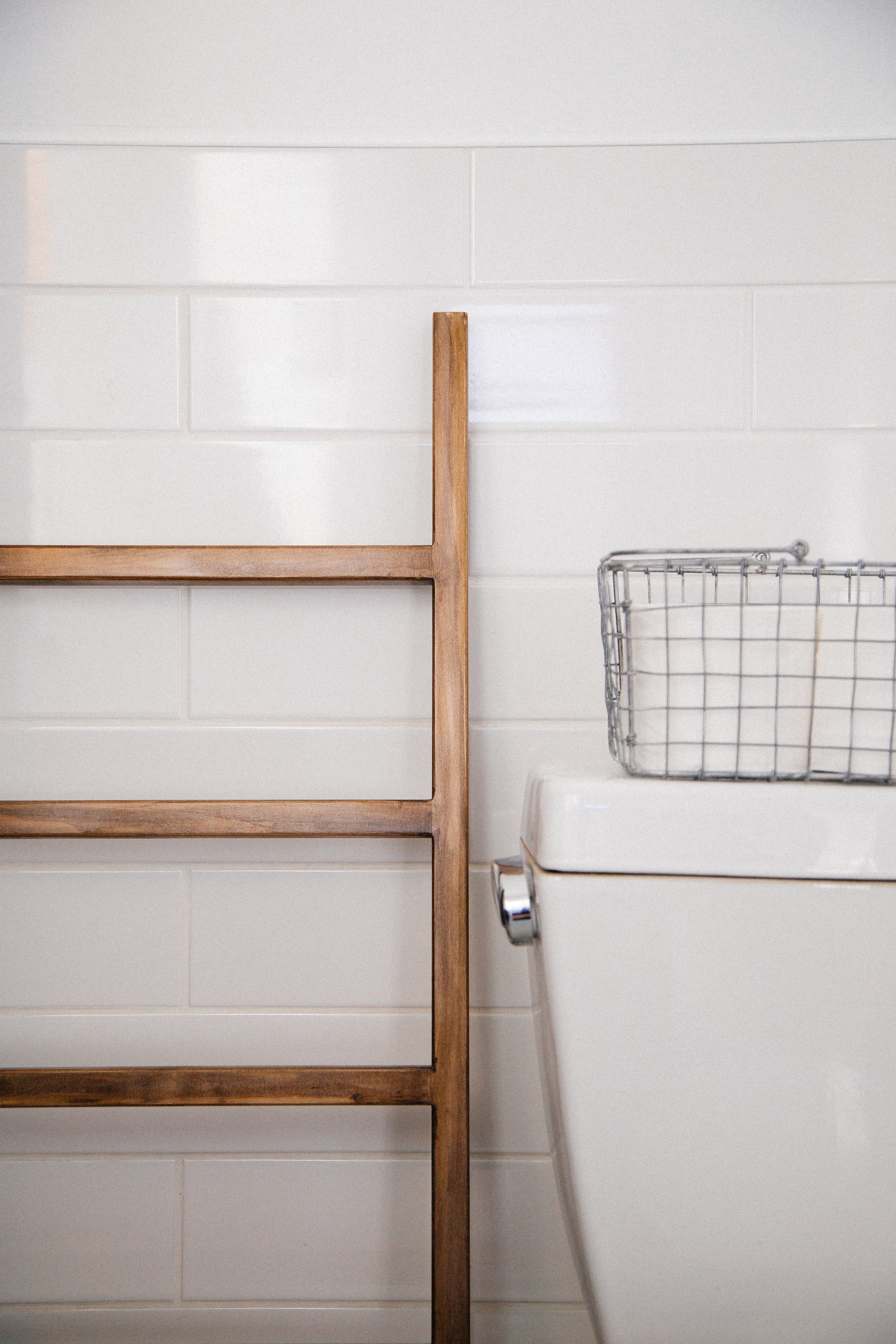learning disabilities
Toileting and Children with Autistic Spectrum Disorders (ASD)
Introduction
Many children with ASD experience problems with toileting. This can include a delay in toilet-training, a reluctance or refusal to use the toilet, or a reluctance to pass urine or faeces at all. There are many ideas about why this might be, although there is little research evidence to back them up. Here are some possible reasons for toilet-training issues:
LACK OF UNDERSTANDING
Children may not understand that urine or faeces are ‘waste’ material, and may believe that they are losing part of their body. It is hard for many children with learning disabilities to understand that food becomes poo!
GASTRO-INTESTINAL ISSUES
Research on gastro-intestinal issues in ASD is varied, but some studies suggest that children with ASD are more likely to have chronic gastro-intestinal problems. Problems such as constipation can make going to the toilet painful, so the child avoids this, which then makes the constipation worse – the child is stuck in a negative cycle.
NEED FOR CONTROL/ROUTINE
Children with ASD need the world to be predictable, and bowel movements can feel scarily out of their control.
COMMUNICATION PROBLEMS
The child may not be able to let you know when they need to go to toilet, or understand your prompts/attempts to teach them. This can lead to frustration for everybody involved.
MOTOR PROBLEMS
Children who experience some form of delay in the development of their motor skills may not have full control over their bowels and/or bladder. Some children with learning disabilities may never achieve full bowel and bladder control.
LACK OF SOCIAL MOTIVATION
Children with ASD may not understand that toilet training is a healthy and beneficial part of growing up and that wearing a nappy can be socially unacceptable when they are older.
SENSORY ISSUES
Many children with ASD experience significant sensory sensitivities & struggle to manage the sensory input that they receive. This may include a dislike of the noise made by toilets, the sensation of passing urine/faeces, a cold toilet seat, or a preoccupation with water in the toilet.
How can I help my child to learn to use the toilet?
Ensure the child is ready for toilet training. Some signs of bladder/bowel control are:
Urinating large amounts at once.
Having regular, well-formed bowel movements at predictable times.
Having "dry" periods of around two hours.
Able to follow simple instructions like “go and get the cup”.
Indicating that they dislike the feeling of a wet/dirty nappy or pad.
Once you are sure that the child is ready for toilet training, you can help in several ways:
Record when and where the child passes faeces or urine before you begin. Pay attention to the time of day they go, the reaction of the child (did they let you know by crying or going to a particular place?), and how you responded.
Ensure any constipation is treated. If left un-treated, passing faeces can be painful and might cause the child to withhold going.
As a family, it is important to pick the right time. You need to allow toilet training to take priority, for a consistent approach to be implemented and effort levels to be maintained.
Accept that it is likely to be stressful for a time.
Ensure their diet includes plenty of fibre, unless you are told otherwise by your child’s doctor or dietician.
Hints and tips for successful toilet training
1. ENFORCING BOWEL CONTROL IS NOT HELPFUL
Although it’s important to have clear boundaries and routines to support children with ASD to understand what is expected of them, it’s essential to understand that enforcing bowel control could exacerbate existing problems. The child must be ready.
Never use punishment when toilet-training. Making toileting a scary or unpleasant experience for children will not help them to learn, and may make them refuse to go at all (i.e. encourage withholding).
Do not react negatively to ‘accidents’. It can be very frustrating for parents, but showing your stress or annoyance can inadvertently teach children that you do not want them to pass urine or faeces (children with ASD can be quite unusual learners). They may not understand that you are angry about when or where they have done it, rather than what they have done.
2. USE REWARDS
Children with ASD are often not intrinsically socially motivated (e.g. by what other people do), so you may need to motivate them in other ways. You may need to continue to reward the child for some tine after successful toilet training, until the behaviour has become part of their routine/habit.
3. MAKE IT FUN
Make the bathroom a relaxing place to spend time in. Be aware of things that would attract the child (e.g. a coloured toilet seat, stickers of their favourite cartoon characters, a soft bath-mat). Equally, be aware of things that would frighten/put-off the child (e.g. the feeling of a particular toilet seat, bright lights).
Don’t tell your child to ‘push’ because this can lead to tensing and less likelihood of a successful bowel movement. Instead, encourage them to relax. You may find that your child is more relaxed after a warm bath.
Blowing bubbles can both entertain your child and encourage bowel movements by recreating a slight pushing motion.
You may decide to encourage the child to spend time in the bathroom playing with toys or water in the sink. However, be wary that, whilst this makes it easier to put/encourage the child onto the toilet by reducing anxiety, it can also confuse children as to the purpose of the bathroom/toilet.
4. PROVIDE THE NECESSARY TEACHING MATERIALS
Social stories can be a good way to help children with ASD to understand what is expected of them. You can create stories (with pictures) to show the whole bathroom/toilet routine (e.g. feel I need to wee, go to the bathroom, take trousers down, sit on toilet etc).
You can create stories to explain that going to the toilet is okay, and that poo and wee are meant to go into the toilet. For more able or older children, you may be able to explain that it is important to get rid of waste from the body.
You can use the child’s interests to create examples, such as Spongebob/other character wanting to go to the toilet, and how he/she did it.
You may need to show your child what to do! This can seem embarrassing, but the child will probably be unaware that there is anything to feel embarrassed about, and may learn more from you ‘modelling’ behaviour than from a book. Alternatively, you could ‘model’ toileting behaviour using toys or puppets.
5. SCHEDULED SITTING
This is one technique suggested for use with children with ASD where toileting has become very stuck. It should be used in conjunction with the other advice in this section.
Identify times when your child is most likely to have a bowel movement (use a diary to monitor bowel movements as suggested overleaf). Note that 5-20 minutes after meals is a likely time (due to the gastro-colic reflex). Just prior to these times, encourage your child to sit on the toilet for 5 minutes (or a brief time initially). Give them something to occupy them (e.g. a book, handheld computer game, something else they really enjoy).
After 5 minutes, allow the child to leave the toilet; although, if they are happy to stay in the bathroom, this is preferable. After a 10-15 minute break, return them to the toilet for another 5 minutes. Repeat this process for as long as you feel the child will tolerate it without anxiety/tantrums, until the child has had a bowel movement.
Combine this strategy with social stories and rewards for any successful use of the toilet. Try to keep calm and avoid any confrontations. Consider waiting until the school holidays, when you can be more consistent with the approach.
Further support, advice and self-help
ERIC provide expert support, information and understanding to children and enable parents, carers and professionals to help them establish good bowel and bladder health.
Website
The National Autistic Society provides information and support for people with Autism and their families and for professionals. They are a very active organisation and offer some really useful information about strategies and approaches for supporting people with Autism.
Website | Specific page on Toilet Training
The British Institute of Learning Disabilities also have some useful information and further advice about a variety of common issues.
Website
Local Offer is a Derbyshire-specific site which allows you to search for lots of different services, including parenting support groups, in the local area.
Website

